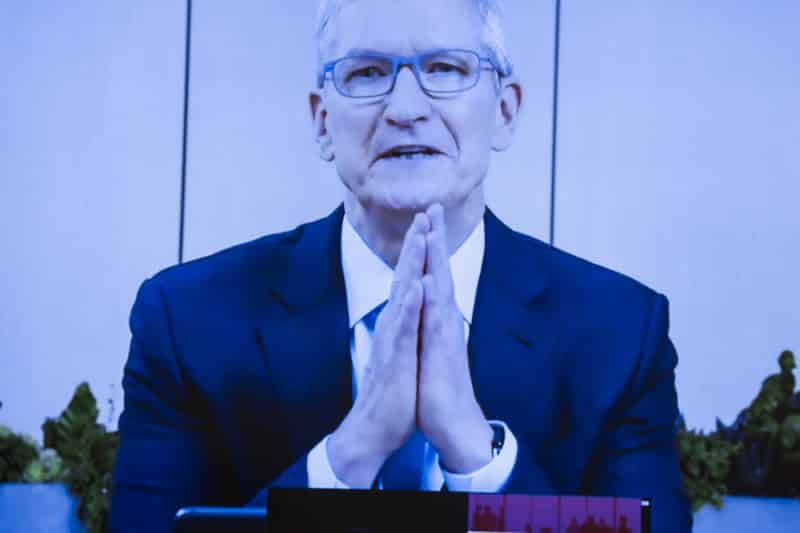2055
0
Why Apple Fears Less Antitrust Regulations
Last week, CEOs of Facebook, Amazon, Apple, and Alphabet were questioned in front of their computer cameras about data usage, privacy policies, and competitive

Yazar: editor_1
Yayınlanma: 4 Ağustos 2020 14:36
Güncellenme: 3 Mart 2026 06:03
Why Apple Fears Less Antitrust Regulations
Last week, CEOs of Facebook, Amazon, Apple, and Alphabet were questioned in front of their computer cameras about data usage, privacy policies, and competitive practices (all antitrust concerns) made by Congress members. The next day, all four companies reported second-quarter earnings, all four exceeding Wall Street expectations, raising their share values. Apple and Facebook saw the 52-week high, and by the end of the week, Apple left Aramco, the world's largest company in Saudi Arabia, behind. Apple (AAPL) has a reason to be the most uncomfortable of the four when it comes to lawmakers that threaten antitrust action. “Apple is probably the least obvious in the antitrust scope, because Apple's primary asset is its brand, and then the question of which company has influence over the brand he comes. ” Galloway says that when it comes to these four, and especially Facebook (FB), it is easy to be directed towards big purchases or huge jobs that lawmakers can force the company to sell, and says: '' Facebook has Instagram (purchased for $ 1 billion in 2012) and WhatsApp (purchased for $ 19 billion in 2014). Google has YouTube (purchased for $ 1.65 billion in 2006) and Google Cloud. At Amazon, it is completed by Amazon Web Services (the company's profit engine) and Amazon (FBA continues to be a logistics force). So there are 9 companies out of three. '' Looking at Apple's status, there are no obvious parts that seem unfair in terms of competition, and they can exist as large businesses separate from Apple. The company's biggest acquisition is the $ 3 billion Beats By Dre in 2014, a hardware division.İLGİLİ HABERLER





European stocks soared and focus shifted to German retail sales after Powell's speech!

Forex Signal For TRY/USD: Inflation Slowdown in November.

Forex Signal For GBP/USD: Bullish Trend Still Not Breaking While Recovery Continues.

Forex Signal For EUR/USD: Starry US Data Points to Higher Fed Increases.

Forex Signal For BTC/USD: Downside Continues as Bitcoin Recovery Moves Less.
En Popüler Haberler
Yorum Yap
Yorumlar
Henüz yorum yapan yok! İlk yorumu siz yapın...